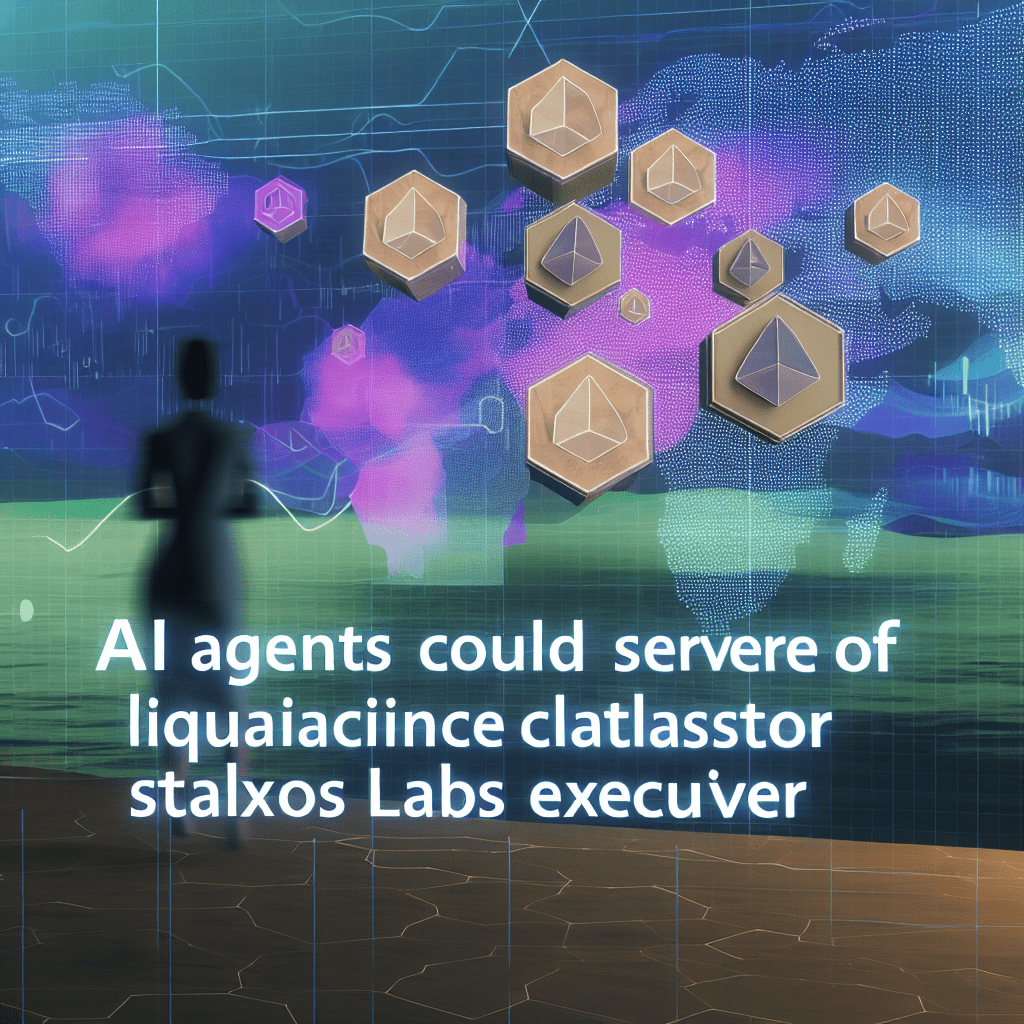The upcoming phase of stablecoin adoption may not be driven by humans. According to Paxos Labs’ co-founder, AI agents could be the pivotal factor, rapidly reallocating liquidity to the most efficient issuers and transforming market fragmentation into an advantage.
With more defined regulations on stablecoins being established in the United States, the stablecoin market has now exceeded $300 billion, emerging as one of the main narratives in crypto. Nonetheless, fragmentation among issuers and jurisdictions continues to pose a challenge.
As new players enter an increasingly varied landscape—ranging from dollar-backed leaders like Tether and Circle to synthetic assets like Athena, as well as PayPal’s PYUSD, aimed at consumer payments—questions have surfaced about whether such fragmentation could hinder the industry.
Bhau Kotecha, co-founder and head of Paxos Labs, informed Cointelegraph that “fragmentation is a double-edged sword.” While various models vie for dominance and issue stablecoins aligned with their business objectives, it risks “creating liquidity silos and user confusion, which can slow adoption.”
However, he contends that AI agents—autonomous programs capable of making decisions and executing tasks such as trading or transferring funds without human intervention—could remediate the situation.
AI agents will, he asserted, “switch instantly” to whatever stablecoin provides the better economics.
“Thus, fragmentation needn’t be a setback; it can actually turn into a market-level optimizer, where AI guarantees that liquidity flows to the most effective issuers. Over time, this could drive down fees and compel issuers to focus on core fundamentals.”
Related: By 2030, all currencies will be stablecoins: Tether co-founder
The rise of AI agents in crypto
Kotecha is not alone in emphasizing the significance of AI agents for stablecoin adoption.
In a Bloomberg interview on September 2 at Goldman Sachs’ Asia Leaders Conference in Hong Kong, Galaxy Digital CEO Mike Novogratz remarked that AI agents are poised to become the primary users of stablecoins, driving a spike in transaction volumes.
In the “not-so-distant future,” AI agents could leverage stablecoins for everyday purchases, he mentioned, citing a grocery agent that understands your dietary preferences and budget and can automatically replenish your cart.
He added that these agents would likely prefer stablecoins over wire transfers or payment apps like Venmo, leading him to anticipate “an explosion of stablecoin transactions” in the near years.
A company already pursuing this goal is Cloudflare, a global cloud infrastructure entity. On September 25, Cloudflare announced its efforts on NET dollar, a stablecoin that facilitates instant transactions by AI agents.
Cloudflare envisions its stablecoin encompassing personal AI agents that can act immediately, booking the cheapest flight or purchasing a product as soon as it becomes available.
The announcement from Cloudflare followed a series of discussions among crypto thought leaders about the relevance of AI agents and their potential impact on the crypto landscape.
On August 13, members of Coinbase’s development team on X noted that, owing to an underutilized web standard, HTTP 402 “Payment Required,” first introduced 30 years back, AI agents stand to become “Ethereum’s biggest power users.”
At the end of August, Adrian Brink, co-founder of Anoma, stated that the emergence of AI agent systems is inevitable. However, they will require intent-based blockchain infrastructure to guarantee users maintain control over their data and assets.
Magazine: Baby boomers worth $79T are finally getting on board with Bitcoin

